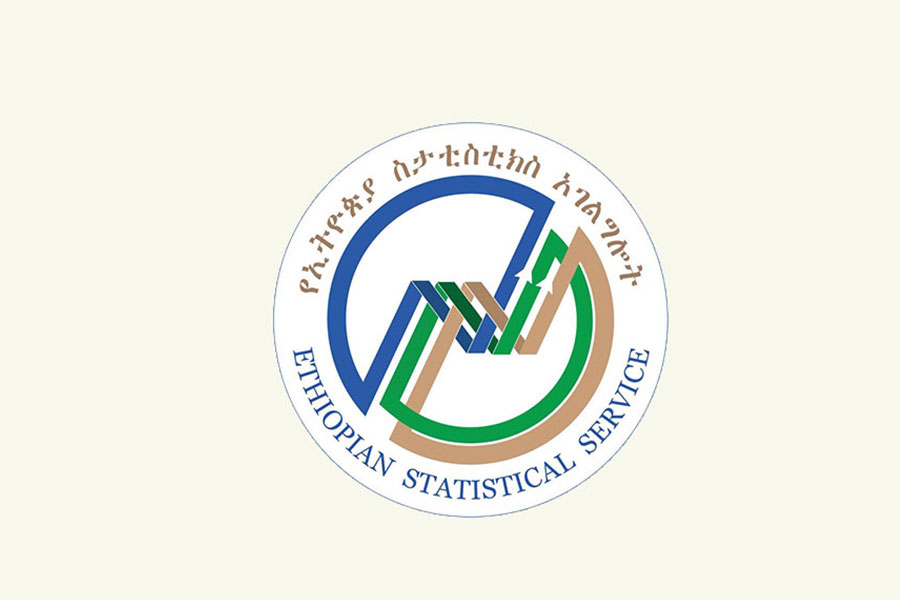
The Ethiopian Statistical Service (ESS) has expanded its Consumer Price Index (CPI) coverage from 120 to 200 markets, marking the first major update in 25 years. The move comes in response to rapid urbanisation and the formation of new regional states, aiming to provide a more accurate reflection of national price trends. Inflation dropped to 14.4pc in May 2025 EFY, down from 22.8pc a year earlier. The decline was mainly driven by food inflation easing, with bread and cereals up just 1.3pc. However, non-food inflation remained elevated at 17.8pc, led by transport costs, which surged 41.4pc year-on-year. Housing, water, and electricity rose 18.8pc, while restaurant and hotel prices increased 18.3pc. Coffee and other nonalcoholic beverages saw the steepest annual rise at 47pc, underscoring the pressure on household budgets. Monthly inflation rose slightly by 0.2pc in May, though clothing and footwear jumped 2.8pc. Health costs fell by 2.6pc the only major category to register a drop. The 12-month moving average inflation rate fell to 16.5pc, down from 27.4pc in the same month last year. The ESS attributes ongoing non-food price pressures to import dependency and forex shortages. While the expanded CPI network aims to improve data quality, structural challenges such as currency weakness and external supply shocks persist.
[ssba-buttons]